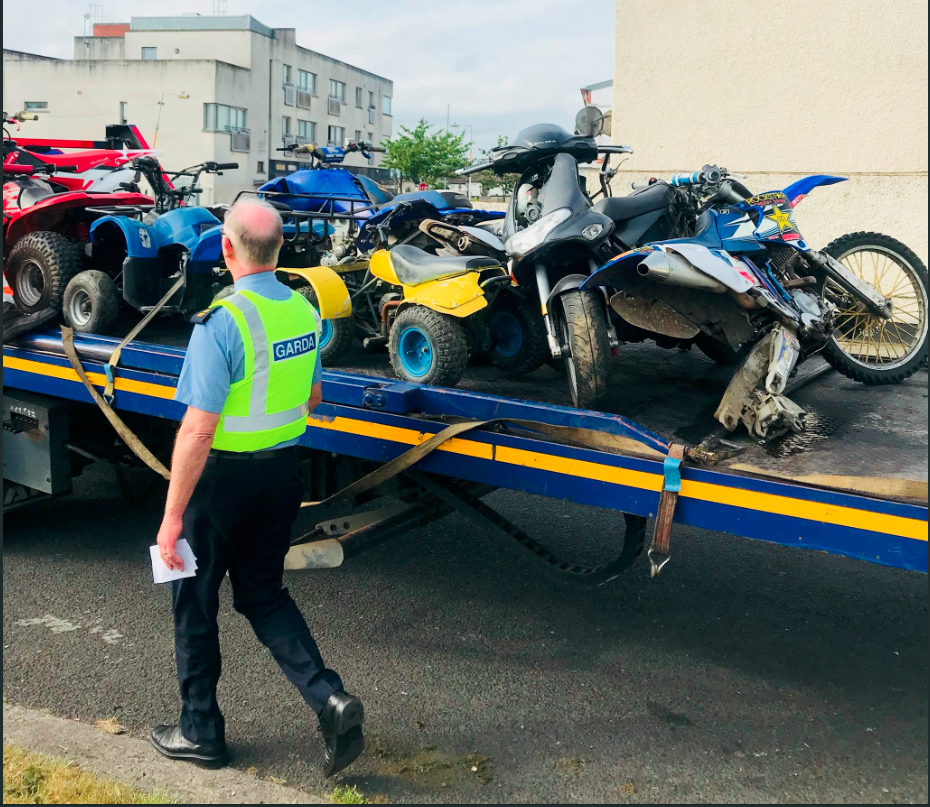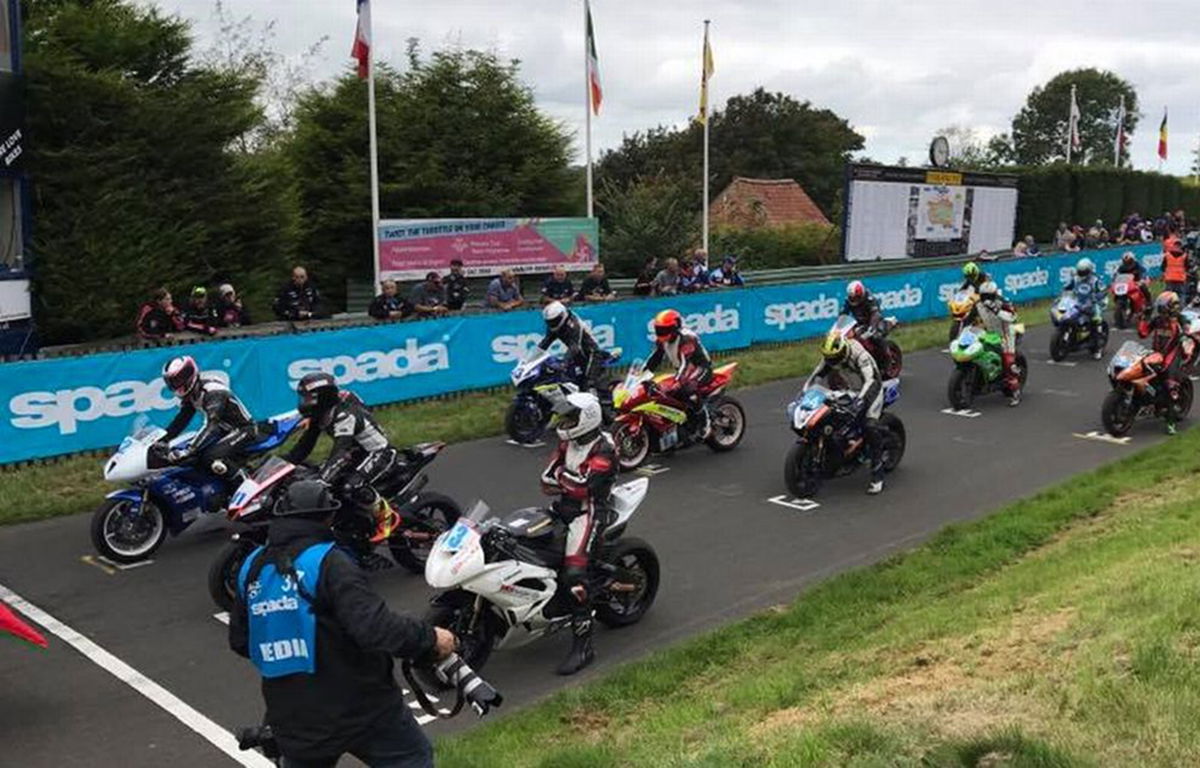New breathalyser promises swifter justice
‘Evidential’ roadside breath test to be in use nationwide by 2020

POLICE HAVE used roadside breathalysers to help nab drink drivers in the UK since 1967, when the first official drink-drive blood alcohol limits were introduced. But more than 50 years on they still aren’t legally allowed be used as evidence in court.
A more accurate breath test, blood test or urine test done back at the police station is needed to get that vital evidence, giving marginal drink-drivers vital extra time to sober up and pass that second test.
But not for much longer. The government says it intends to introduce new roadside breathalyser technology that’s accurate enough to be considered proof of drink driving instead of just an indication. It means the whole rigmarole of taking suspects back to the police station for evidential blood alcohol testing will be a thing of the past.
As part of the rollout the government has committed £350,000 to a contest intended to encourage companies to bring the new breathalyser to the market.
Roads Minister Jesse Norman said: “The drink drive limit has helped to give us one of the safest road networks in the world but there is always more we can do.
“This new mobile breathalyser technology will enable the police to enforce the alcohol more rigorously limit on those who still choose to drive after drinking, putting others at risk.”
The plan is to have the evidential-level roadside breath test in use across the entire country by summer 2020. But actual details of how it will happen are still scarce. The government hopes its £350,000 carrot will tempt companies to develop and submit proposed new roadside breath test tech, although at the moment it’s not clear quite how easy that will be to achieve.
Still, the idea seems a sound one if reliable, accurate roadside breath test tech can be developed that meets the evidential demands set out in the Home Office’s type-approval standard, which is reckoned to be the most stringent in the world.
As well as nabbing more drink drivers – which has got to be a good thing – it will save a huge amount of police time and resources. In 2016, some 460,000 breath tests were performed, with around 59,000 either blowing positive or refusing the test.
The £350,000 competition is being run by the Parliamentary Advisory Council for Transport Safety (PACTS), headed by Executive Director David Davies. He said: “PACTS is delighted to have the opportunity to take forward this initiative. PACTS strongly supports efforts to reduce drink driving and the casualties which result. The number of deaths on roads in Great Britain involving illegal levels of alcohol (240 a year) has not changed significantly since 2010, while the number of serious injuries involving alcohol rose in 2016 to its highest since 2012. Evidential roadside testing will greatly improve the effectiveness and efficiency of police enforcement, and we hope will lead to substantial reductions in deaths and injuries.”







